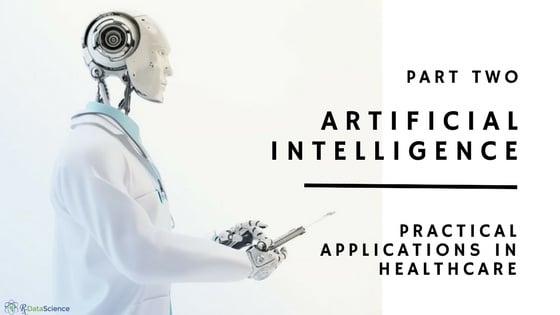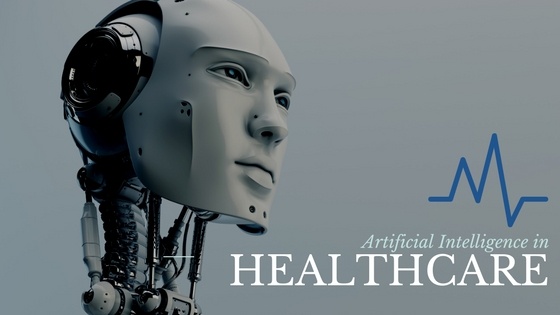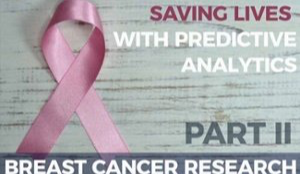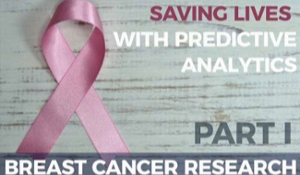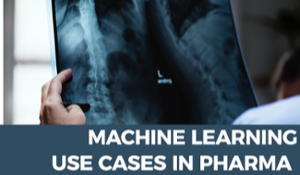How can AI technology improve the healthcare industry?
Our last blog post explored the implications of a recent study on artificial intelligence (AI) and machine learning business application. While the healthcare industry can expect incredible benefits from the adoption of AI technology, it remains under-adopted and receives below-average attention when compared to other industries.
This post aims to highlight the areas within healthcare where AI has potential. This technology can improve operations, patient experiences, medical procedures, and solve regulatory challenges.
(more…)

